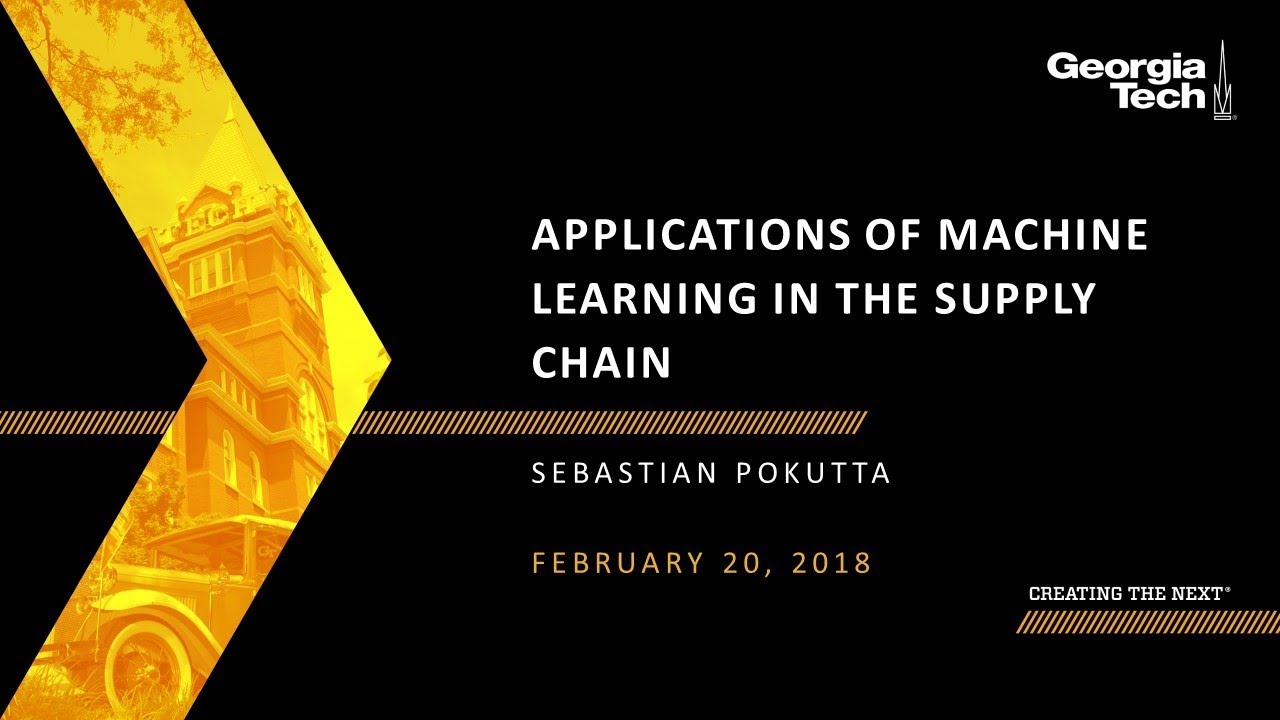Lex Fridman
Tuomas Sandholm is a professor at CMU and co-creator of Libratus, which is the first AI system to beat top human players at the game of Heads-Up No-Limit Texas Hold’em. He has published over 450 papers on game theory and machine learning, including a best paper in 2017 at NIPS / NeurIPS. His research and companies have had wide-reaching impact in the real world, especially because he and his group not only propose new ideas, but also build systems to prove these ideas work in the real world. This conversation is part of the Artificial Intelligence podcast and the MIT course 6.S099: Artificial General Intelligence. The conversation and lectures are free and open to everyone. Audio podcast version is available on https://lexfridman.com/ai/
INFO:
Podcast website: https://lexfridman.com/ai
Course website: https://agi.mit.edu
YouTube Playlist: http://bit.ly/2EcbaKf
CONNECT:
– Subscribe to this YouTube channel
– Twitter: https://twitter.com/lexfridman
– LinkedIn: https://www.linkedin.com/in/lexfridman
– Facebook: https://www.facebook.com/lexfridman
– Instagram: https://www.instagram.com/lexfridman
Source




Have a sit down with Andrew Ng, find out what he up to these days.
Libratus has only been proven to beat top players in individual games like Texas Hold em – – not in multi player situations – – which is real world
Ah the givens
Suomi Finland perkele!
Thank you Lex!
Between this podcast and last weeks you are on fire my man. LSTMs and POMDPs are the future.
A whole new direction to look into. [Game Theoretic AGI](https://www.cs.cmu.edu/~sandholm/Solving%20games.Science-2015.pdf)
Can anyone knowledgeable about ai and autonomy recommend a reading list for the average layman to gain better insight on such systems. Thanks for this video lex.
Great talk!
This series is. Dope.
🙏Such a great channel.
How about Ken Goldberg ? or Mario Klingemann
would love to see that
this was a great interview,enjoyed it!thanks
Amazing talk
It seems like people have a hard time predicting things with exponential growth. So humans will probably systematically underestimate the performance of AI for a while yet. At some point it will switch and people will assume AI to be better at everything.
Big thanks to you, Lex, for bringing some of the smartest researchers and practitioners to the table and sharing these great interviews with the world.
It would be interesting to see this AI play on block chain decentralized apps like on the EOS platform.
Ja torille!—>
Lex has such a great interviews with awesome people, but honestly, he sounds like he's super high
nice
It would be interesting to see AI secretly "tell" a person how to play poker against another human. I wonder if there would be any diffrence.
Or if people thaught that they are playing another human being.
John Connor was already sent in 2019 to kill him.
19 minutes of watching and this turn out to be most interested conversation i had listen so far.. he makes a point here.. other then deep reinforcement learning "to be precise learning only' there are non learning methods ..
if we can somehow introduce learning in such methods then that will be something new
Games that go on forever … Pi calculation?
I know it's not the same and I haven't looked up if this has been done but it just occurred to me: I wonder how well a learning algorithm would do at predicting Pi digits.
36:52 – I'm actually working on automated negotiation for AVs and I'm suprised how little research there is in that area.
Lex, you are slurring your words.
Follow up with Tim Roughgarden would be amazing
Why wasn't each poker pro given an HUD to real-time track Libratus' betting stats? This is something all online pros use (and such pros would never agree to play high stakes online without one). Libratus certainly had access to the equivalent of an HUD, right? I presume this created significant imbalance between Libratus and the humans.
23:00 I love that idea, that exploiting weak players leaves you open to exploitation. It explains so much of why we have civility in competition.